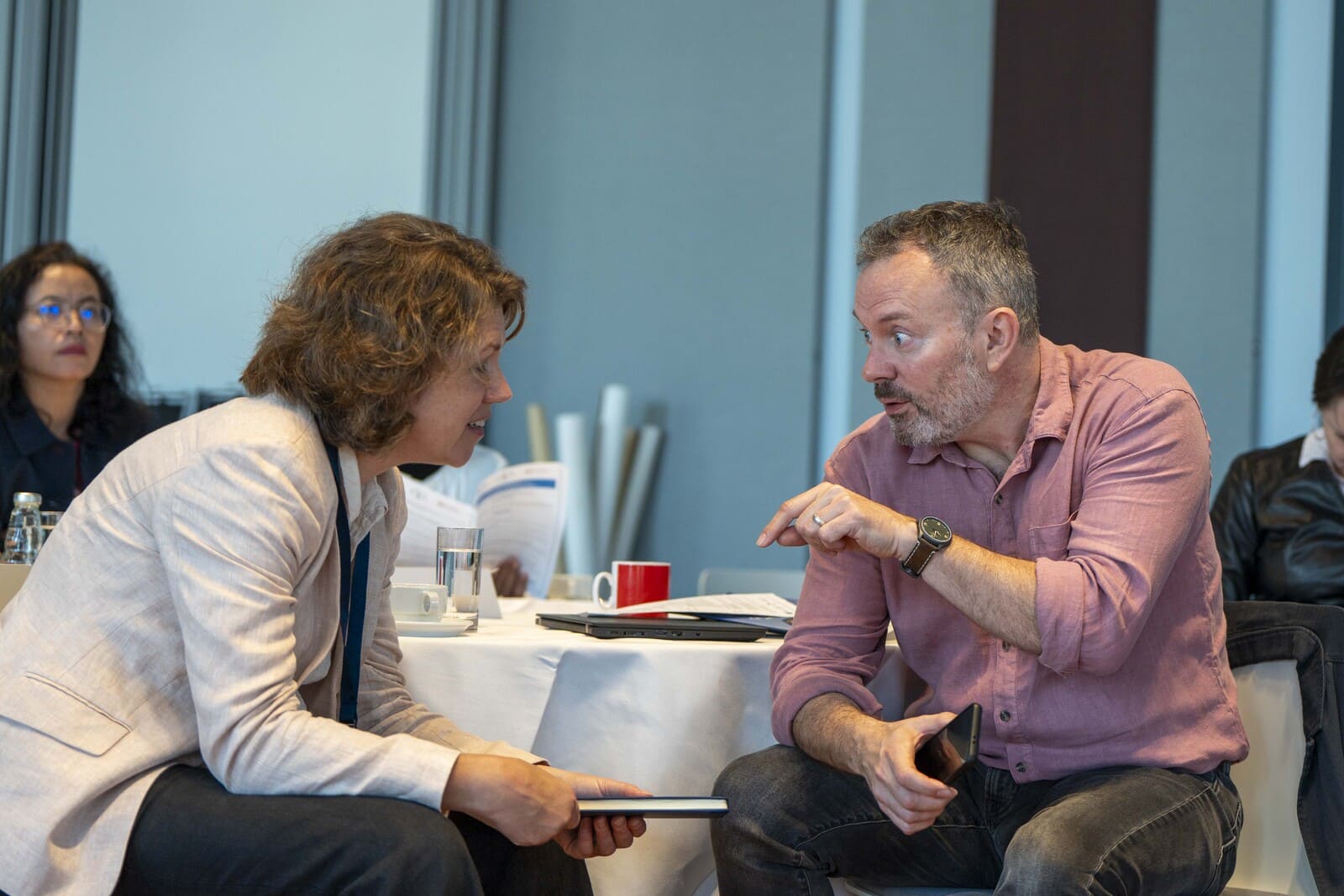In 2017, the European Commission established the EU Global Facility on Anti-Money Laundering and Countering the Financing of Terrorism (AML/CFT), as its operational tool to provide demand driven support to third countries based on the deficiencies in their AML/CFT regimes.
The EU Global Facility seeks to support the adoption by third countries of enhanced measures designed to prevent money laundering and cut off access to funding for individual terrorists and terrorist organisations, through increased compliance with the EU AML/CFT Framework, FATF Recommendations and relevant UN Security Council Resolutions.
By supporting third country efforts to operate more efficient and effective AML/CFT systems and participate in an interconnected AML/CFT global network, the project reinforces European measures aimed at protecting the EU’s financial system. This leads to reduced financial flows from the informal economy and from organised crime to terrorist organisations, hindered use of serious organised crime proceeds and improved asset recovery mechanisms.

Budget
EUR 28 million

Duration
9 years (2017 – 2026)

Financed and managed by
the European Commission’s Service for Foreign Policy Instruments (FPI). It is implemented by Expertise France (FR), in partnership with the Deutsche Gesellschaft für Internationale Zusammenarbeit – GIZ (DE).

We operate all around the world
How do we
work ?
The EU Global Facility on AML/CFT provides third countries with access to various forms of technical assistance, tailor made to their specific needs and upon demand. These activities are organised around three separate but intertwined pillars, each corresponding to one of the three project objectives:
These three pillars provide technical assistance across the entire financial intelligence and penal chain. Support is available for the detection, assessment, investigation, decision and recovery stages.
Stages of the financial investigation and penal chain
Detection
Assessment
Investigation
Decision
Recovery
Key Principles
Tailored technical assistance:
The project develops sustainable, two-way street partnerships with third country authorities, acknowledging the unicity of each country.
Regional integrated approach:
The EU Global Facility closely associates with FATF-Style Regional Bodies (FSRBs) as well as local, regional and international partners to deliver technical assistance.
Flexibility and innovation:
The EU AML/CFT Global Facility adopts a pioneering approach, addressing under-researched topics and developing innovative responses to emerging challenges
Cross fertilisation:
Experts trained in one partner country in turn deliver capacity building training to new partner countries.
EU principles of subsidiarity and complementarity:
The project complements existing and/or previous AML/CFT activities to avoid duplication or inefficient overlapping of activities.



